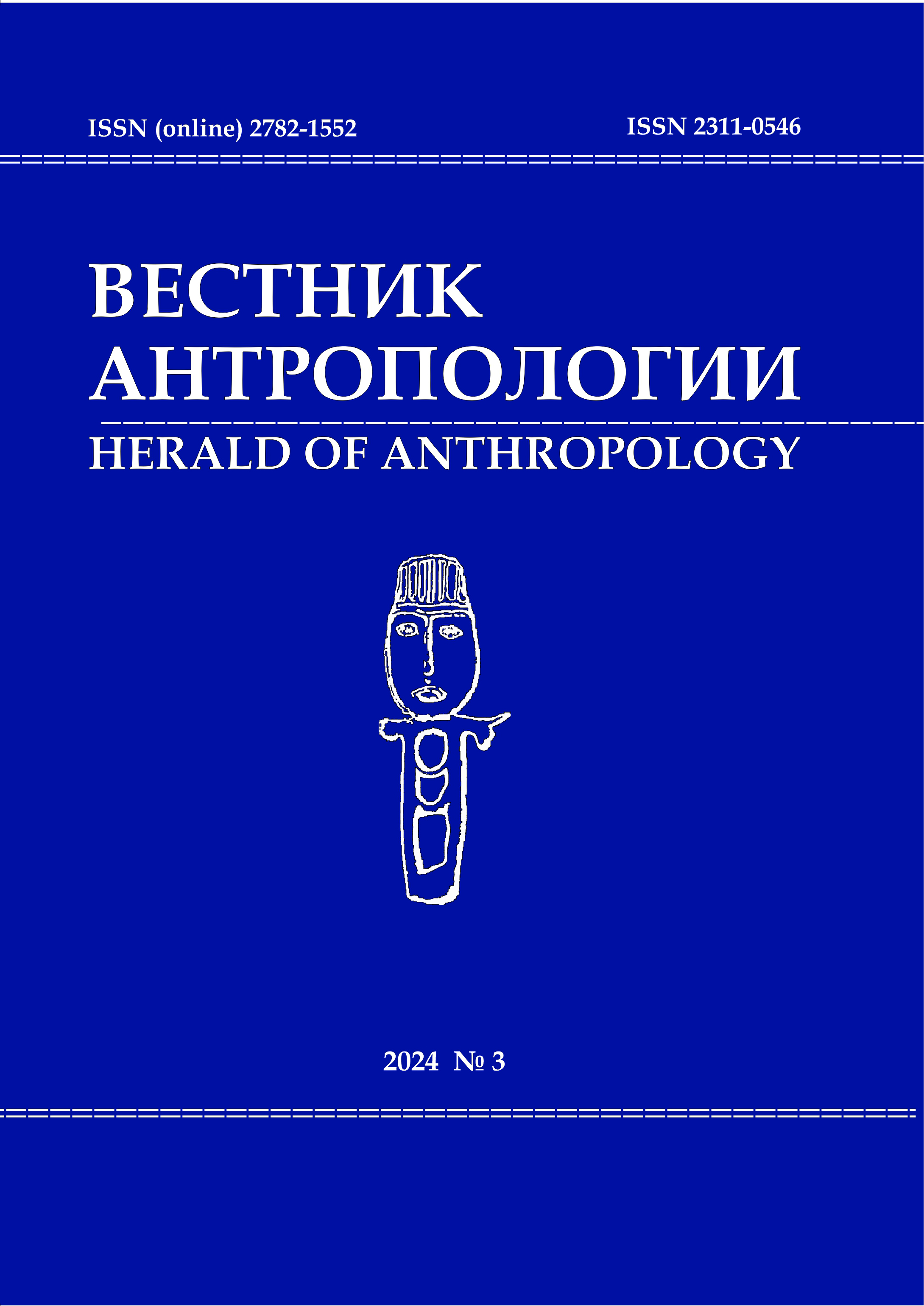Identity and Schooling in Minority and Regional Languages in Europe and Asia
DOI: 10.33876/2311-0546/2024-3/135-152
Keywords:
intercultural dialogue, education policy, school education, identity, sustainable development, well-beingAbstract
This article builds upon the research project "Identity and School Policy in the Multicultural World: An Anthropological Analysis of International Experience." The focus is on the pressing issue of language in youth education within Russia. From the perspective of a social anthropologist, the article examines the possibilities and consequences of various approaches to addressing the needs of diverse ethnic groups in multicultural societies, drawing on examples from several countries. The author explores the lessons Russia can draw from the practices of other nations, emphasizing the relationship between educational policy concepts and the formation of various identities among the population (national, ethnic, regional, local, etc.). To assess the extent to which minority and regional languages (as defined by the European Charter for Regional or Minority Languages) are incorporated into actual educational programs across Europe and Asia, an analysis was conducted of relevant regulatory and administrative decisions at different levels. The project's primary objective was to strike a balance between the ethno-cultural competencies of individual citizens and the goals of consolidating the population in the interests of a unified state.





















